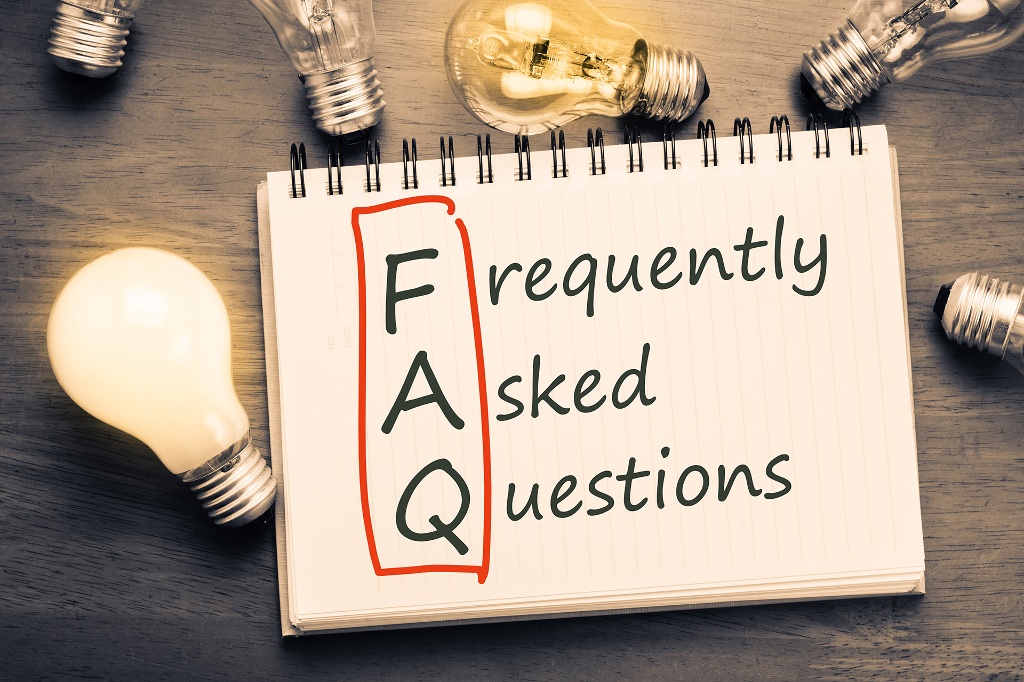Landlord Frequently Asked Questions
LPG Property Management in Portstewart
3rd January 2019

01. How do I improve the chances of letting out my property?
Properties should be; clean, decorate before they look tired, preferably in light neutral tones. Decent floor coverings are a must. Vacant properties without curtains, light fittings, adequate power points and smoke alarms indicate an uncaring landlord, who will only attract uncaring tenants. Carpets should be a DARK COLOUR, not cream !!!!!!
02. How do I know how much rent to charge?
We will assess the potential rental value in current market conditions and recommend the type of tenant that would be most suitable for the property. We will also agree with you the terms on which the property will be marketed, including any restrictions.
03. If I let out a property do I have to provide the tenant with any furniture?
No, you can let out your property; fully furnished, partly furnished or unfurnished. However when deciding whether to provide furniture with a property or not consider the type of tenant you are targeting and what their needs are likely to be. It is also important to note the condition of the furniture provided in the inventory.
04. What do I do about a deposit?
We collect a security deposit from the tenant (s) as cleared funds before the Tenancy Agreement is signed and we lodge the deposit in a government backed scheme (T.D.S. - Tenancy Deposit Scheme). As of the 1st April 2013 all deposits legally have to be lodged in a government backed scheme as mentioned.
05. Who is responsible for the TV licence, the tenant or the landlord?
It is both the landlord and tenant's responsibility to ensure that the address has a valid TV licence. However if the landlord provides a television with the property then they would be expected to pay for the TV licence, particularly in any communal areas.
06. What is an inventory?
A list detailing every item contained within a rental property and the condition each listed item is in, usually checked by all parties on the day the tenant moves in and signed by all parties. Dated Photographs are a must showing the condition of the property and the contents, these dated photos are vital in the event of a deposit dispute.
07. What happens about insurance when I let out a property?
It is a good idea for the landlord to have insurance on the property and for any contents, such as furniture and white goods they have provided in the property. Tenants are responsible for insuring their own contents left in the property (however it is a good idea to state this in the tenancy agreement).
08. How do I receive my rental income?
We arrange for the tenant to sign a standing order or direct debit mandate for rent and account to you for all rent received, less outgoings, fees and commission accompanied by a statement. Payments are made to you by bank BACS transfer.
09. Do I have to pay income tax on rental income?
You are also responsible for paying all taxes associated with the property. If we are contacted by HMRC we have to provide them with the rental income that has been received for the property.
10. Can a tenant change the locks without consent from a landlord?
Yes, even if the tenancy agreement says that prior consent is needed beforehand, but the tenant must "make good" the locks at the end of the tenancy.
11. What should I do if a tenant has left furniture in the property after they have moved out?
Property left behind is still classed as the tenants and if removed, or sold a claim can be made against the landlord for the value of the goods. The landlord becomes a bailee when the goods are left behind and can only legally sell or remove them under the Torts (interference with goods) Act 1977. Landlords are not permitted to sell the goods for compensation on any damage caused by the tenant or for any unpaid rent. However in practice a landlord cannot get a court order for each tenant that leaves property behind, and a landlord has to make a judgement, and with items of value keep clear evidence that they have done all they can to contact the former tenant in question.
